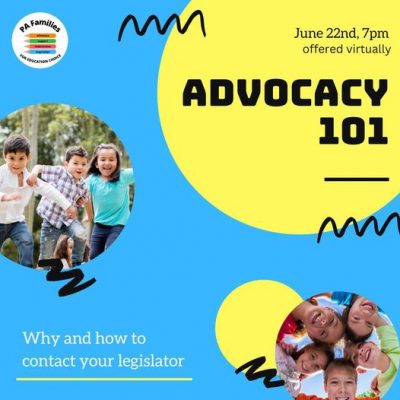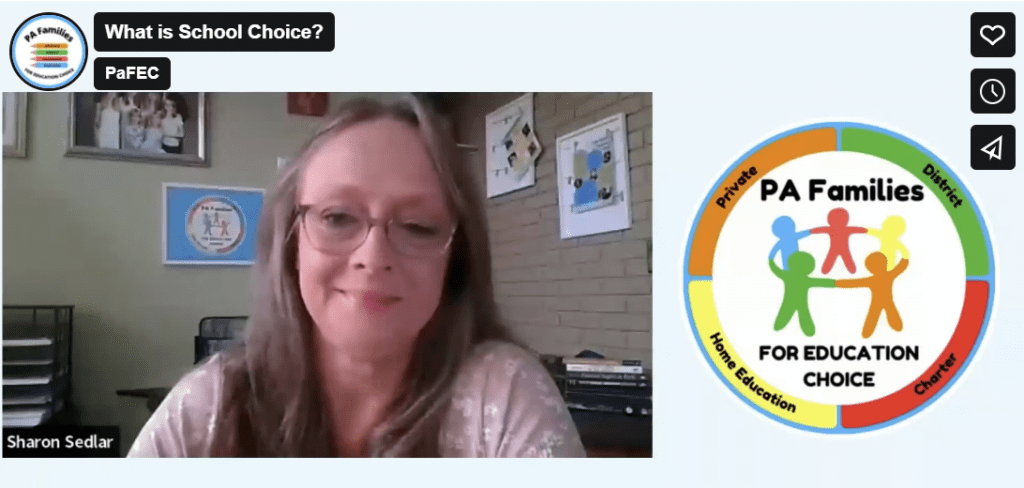Stop Judging and Start Solving
Sharon Sedlar | July 3, 2025

| Every single child deserves a quality education. EVERY SINGLE ONE Part of what we do in our mission is provide stories of families from all corners of the state — urban, suburban, and rural; charter, private, district and home educated; financially secure or not; no matter the race, creed, or value system. There are lots of “data experts,” but none compare to the lived stories of families. Many times we are criticized because of our “anecdotal approach” of bringing those stories to light. We’re told that facts are what matters — not the heart-string pulling — to gain valid effect. We use stories to explain why not all families care about the “facts” like high proficiency rates or academic programming when safety (for example) is their #1 priority. We use facts to point to inadequacies in the education system that serves some children well (but not all); schools where children are relegated to insufficient education based on zip code or ability to pay for a different school. Recently, we posted some really damning stats about the Harrisburg school district. This information was sourced from Commonwealth of Pennsylvania Department of Education. |
  |
  |
| But yet, many of the responses were like this, blaming families for facts (and this was one of the kinder ones): “So many of these problems are not school problems or educational problems, but societal problems. What are the reasons so many children are truant? Basic needs need to be met first- food, clothing, and shelter before education and learning can occur…Parents expect teachers and other school personnel to raise their children. Education is not valued but taken for granted by adults and children. Parents move in and out of a district often. There is no consistency for students. Societal failures go on and on. Schools provide before school programs, breakfast, lunch, snacks, clothing, school supplies, after school programs, transportation, social workers, guidance counselors, English as a Second Language, etc., etc..etc. More and more responsibilities are expected to be completed in the same amount of time.” |
| There IS truth to some of the statement. Many can agree that multiple factors contribute to the “problems” that need to be addressed. But keeping a balanced perspective is key. It certainly doesn’t help when families are judged, many times harshly, for a predicament they find themselves in that results in loss of home, food insecurity, or any of the other issues that can plague families in society. These families largely are doing the best they can for their families and their children. They need help, not punishment. And even if it is the “fault” of the parents, we certainly shouldn’t punish children for it. In a perfect system, quality and safe education is provided regardless of ability to pay, where you live, religious beliefs, family values, or special needs. It doesn’t matter if you are married or not, have one child or ten, or what your personal or family circumstances are. It’s different for every child, every family, every situation. It’s flexible and highly varied, so is the approach and case-building for education freedom. So as we talk about education, let’s focus on what works and what doesn’t for the children it is supposed to serve. Look at the solutions for ALL children, not just “some”. Stop with the judgmental finger-pointing and find solutions collaboratively because EVERY CHILD DESERVES IT |









